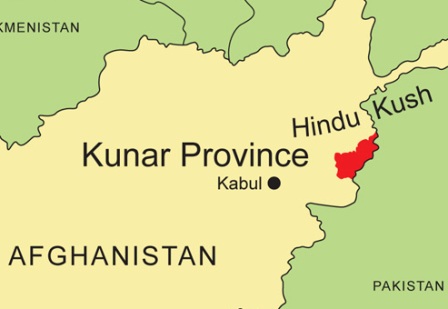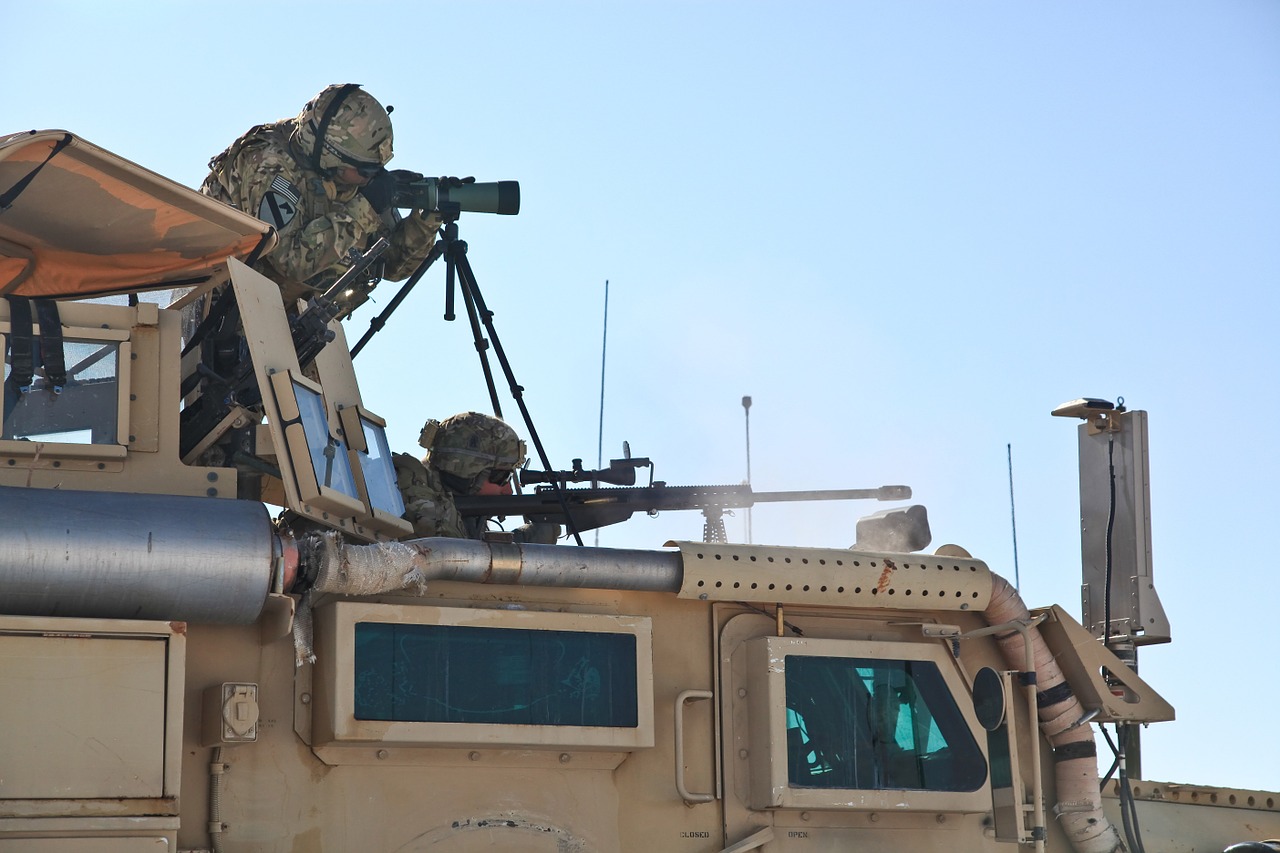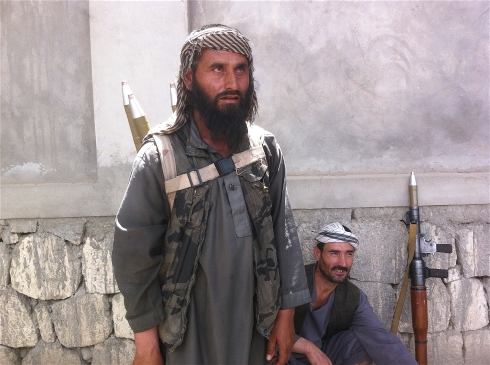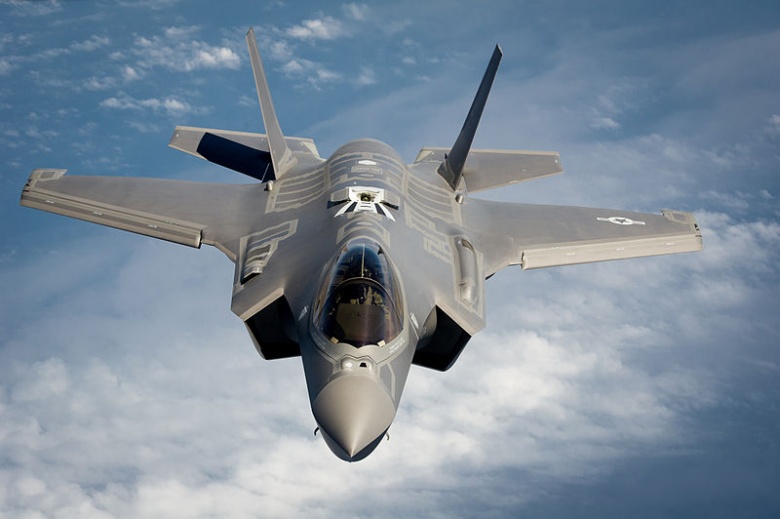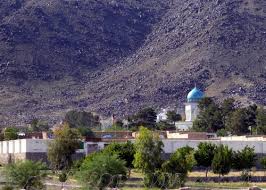ICC approves Afghanistan war crimes investigation
The Appeals Chamber of the International Criminal Court unanimously approved an investigation into allegations of war crimes committed by both sides in the Afghanistan conflict. The investigation will focus on “alleged crimes committed on the territory of Afghanistan in the period since 1 May 2003, as well as other alleged crimes that have a nexus to the armed conflict in Afghanistan.” The Pre-Trial Chamber had rejected a request to open an investigation last year, but the prosecutor appealed. The case names three primary parties as the focus of its investigation: the Taliban and affiliated groups for crimes against humanity and war crimes; the Afghan National Security Forces for war crimes; and the US armed forces and its Central Intelligence Agency for war crimes. (Photo:AiirSource Military)



